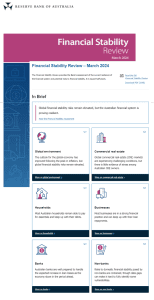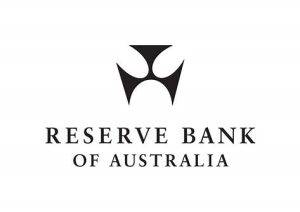Global Opportunity Index 2018: Emerging G20 Countries and Capital Flow Reversal
with J. Adams-Kane, Milken Institute report, January 2019.
Investor appetite for emerging economies’ assets has weakened, but the underlying reasons for this change vary across countries. In this report, we use the Global Opportunity Index (GOI) to identify some of the idiosyncratic country characteristics that matter the most for emerging market economies to attract and retain investors in challenging times. We first gauge a country’s attractiveness to foreign investors by its GOI ranking (i.e., their relatively low GOI ranking implies that the G20 emerging countries tend to perform poorly concerning the business perception and the efficacy of their institutional framework). These two categories capture investors’ opinions on a country relative to expected international standards. Second, our analysis of international investor behavior shows that in mid-2018, investors tended to divert capital from countries with acute external financial vulnerability, worsening domestic political risk, and/or significant exposure to risks from protectionist trade policies. The 2008 financial crisis triggered the last comprehensive discussion on financial reforms—a crisis driven by financial activities in the United States and other advanced economies. Officially, 2019 is the final year for the implementation of Basel III, so it is also an appropriate time to make the necessary adjustments to the global, voluntary regulatory framework. We will focus our analysis on the following four priorities: (1) An adaptable and flexible global framework, (2) The generalization of international standards and best practices, (3) A stronger global data depository and (4) Regulatory and monitoring cooperation For more information, visit http://globalopportunityindex.org , or https://knoema.com/pgzzgxc/the-global-opportunity-index-2018

